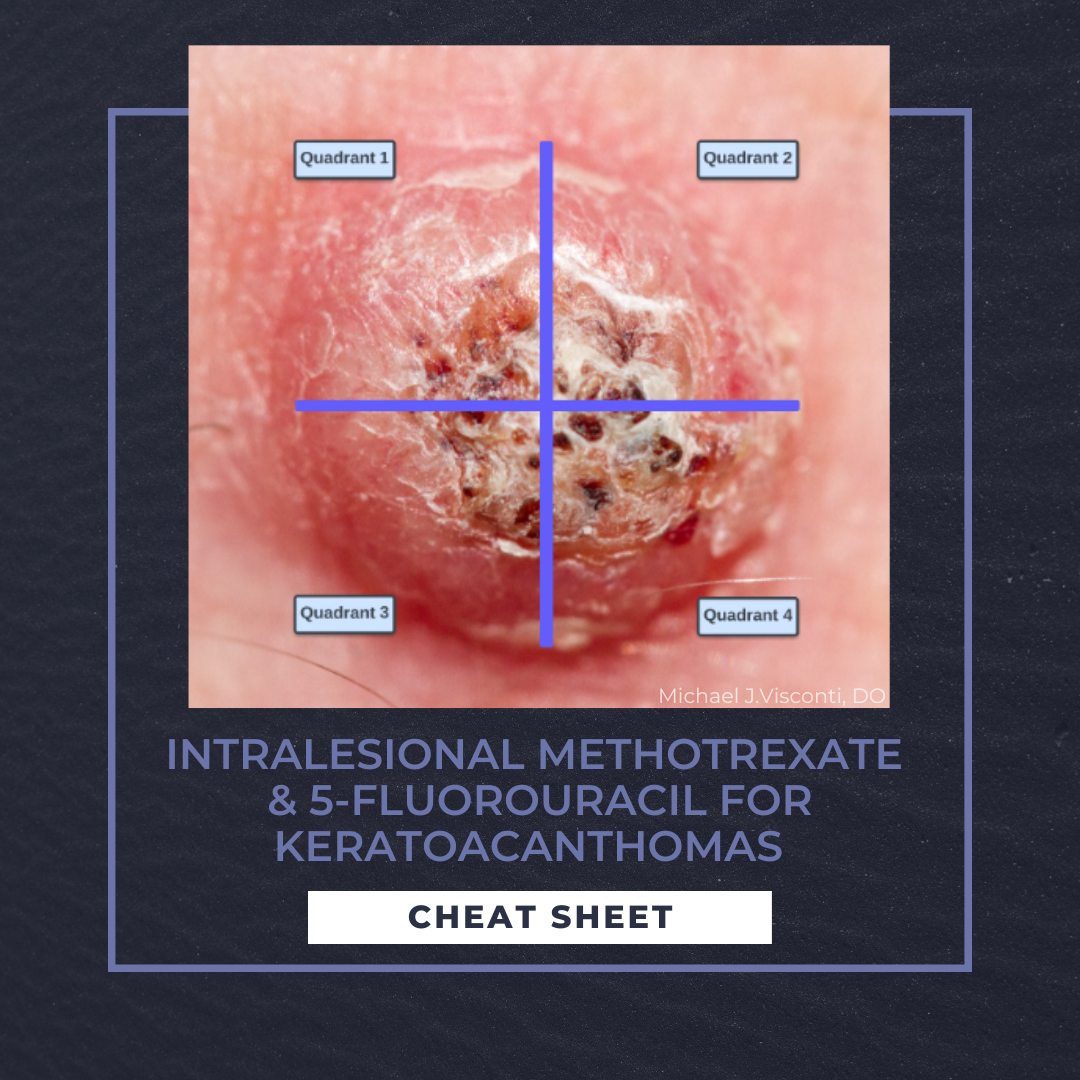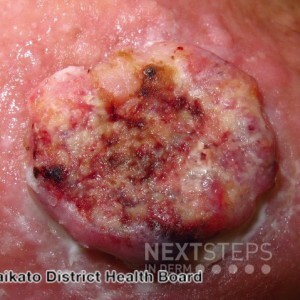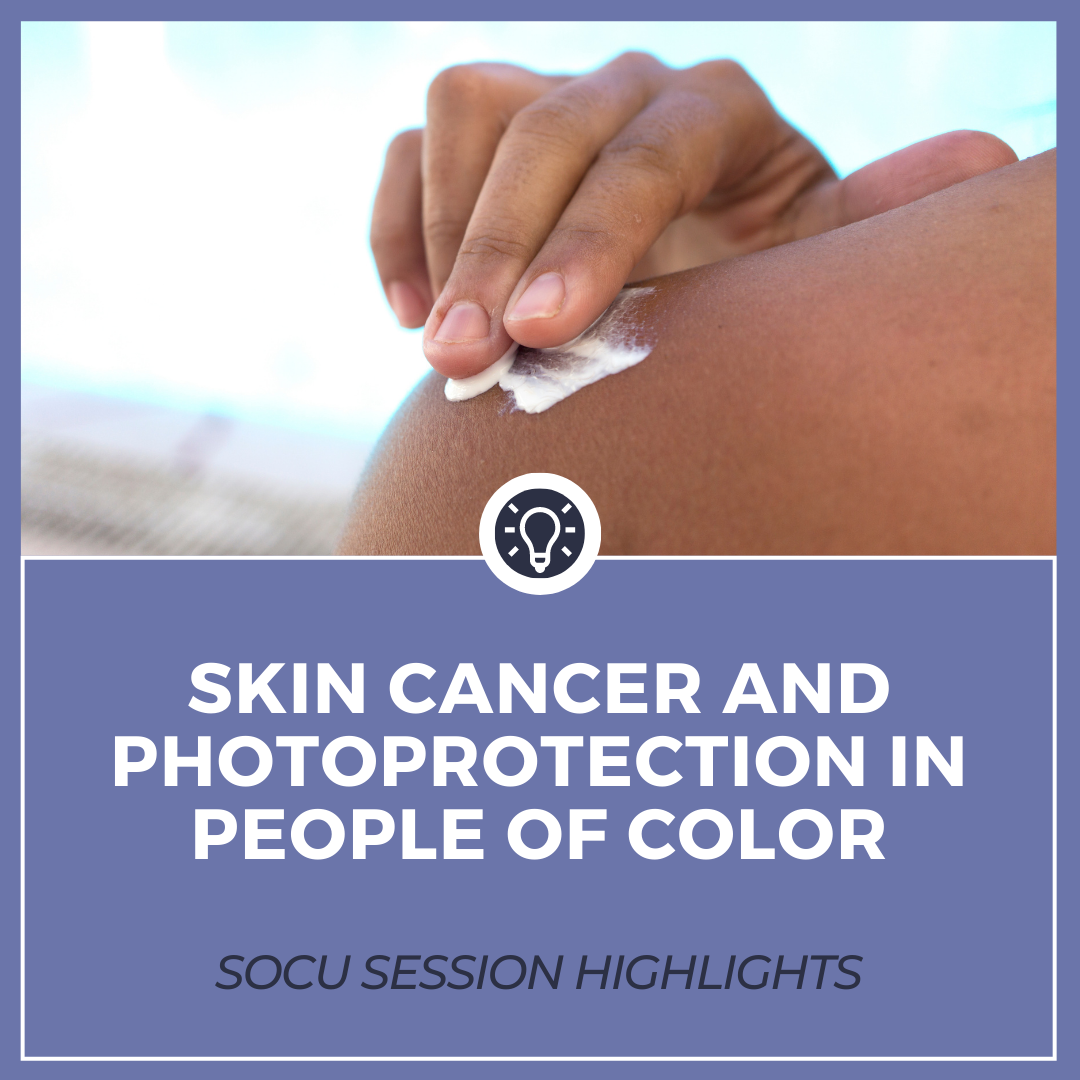JDD February 2023 Issue Highlights
 The February issue of the Journal of Drugs in Dermatology (JDD) includes the perfect blend of original articles, case reports, and brief communications exploring topics such as efficacy and safety of 1% clascoterone cream in patients aged ≥12 years with acne vulgaris, dupilumab’s impact on atopic dermatitis among adolescent and adult patients, development and validation of a photonumeric scale …
The February issue of the Journal of Drugs in Dermatology (JDD) includes the perfect blend of original articles, case reports, and brief communications exploring topics such as efficacy and safety of 1% clascoterone cream in patients aged ≥12 years with acne vulgaris, dupilumab’s impact on atopic dermatitis among adolescent and adult patients, development and validation of a photonumeric scale …
 The February issue of the Journal of Drugs in Dermatology (JDD) includes the perfect blend of original articles, case reports, and brief communications exploring topics such as efficacy and safety of 1% clascoterone cream in patients aged ≥12 years with acne vulgaris, dupilumab’s impact on atopic dermatitis among adolescent and adult patients, development and validation of a photonumeric scale …
The February issue of the Journal of Drugs in Dermatology (JDD) includes the perfect blend of original articles, case reports, and brief communications exploring topics such as efficacy and safety of 1% clascoterone cream in patients aged ≥12 years with acne vulgaris, dupilumab’s impact on atopic dermatitis among adolescent and adult patients, development and validation of a photonumeric scale … 

 Keratoacanthomas are a low-grade, well-differentiated variant of squamous cell carcinoma. Characteristically, their abrupt-onset and crateriform microscopic findings assist with their differentiation from more aggressive squamous cell carcinoma. While surgical treatment remains a viable and appropriate option for their management, clinical scenarios (described below) may portend to better outcomes …
Keratoacanthomas are a low-grade, well-differentiated variant of squamous cell carcinoma. Characteristically, their abrupt-onset and crateriform microscopic findings assist with their differentiation from more aggressive squamous cell carcinoma. While surgical treatment remains a viable and appropriate option for their management, clinical scenarios (described below) may portend to better outcomes …  A 65-year-old male patient with a history of chronic sun exposure presents with the lesion pictured that has developed over the past year. The histopathological findings are notable for enlarged keratinocytes infiltrating into the dermis. What type of mutation is most commonly seen in the pathogenesis of this tumor?
A. Transition
B. Transversion
C. Termination
D. Pyrimidine dimer
…
A 65-year-old male patient with a history of chronic sun exposure presents with the lesion pictured that has developed over the past year. The histopathological findings are notable for enlarged keratinocytes infiltrating into the dermis. What type of mutation is most commonly seen in the pathogenesis of this tumor?
A. Transition
B. Transversion
C. Termination
D. Pyrimidine dimer
…  During the 2021 Skin of Color Update virtual conference, Dr. Maritza Perez opened her lecture by sharing her goal: to assess what is known about skin cancer and photoprotection in people of color. Dr. Perez is a member of the American Academy of Dermatology, who commissioned a workforce to look into this subject.
What is known about the epidemiology of keratinocyte carcinomas in people of color? …
During the 2021 Skin of Color Update virtual conference, Dr. Maritza Perez opened her lecture by sharing her goal: to assess what is known about skin cancer and photoprotection in people of color. Dr. Perez is a member of the American Academy of Dermatology, who commissioned a workforce to look into this subject.
What is known about the epidemiology of keratinocyte carcinomas in people of color? …  Dr. Hanke, a dermatologic surgeon who needs no introduction (but I’ll give one anyway!) provided us with an evidence-based discussion of field treatments available for actinic keratoses at ODAC 2021 conference.
Just to name a few of Dr. Hanke’s accomplishments, he is the current Senior Vice President of the Skin Cancer Foundation, Senior editor of JDD, and the former president of the AAD, A …
Dr. Hanke, a dermatologic surgeon who needs no introduction (but I’ll give one anyway!) provided us with an evidence-based discussion of field treatments available for actinic keratoses at ODAC 2021 conference.
Just to name a few of Dr. Hanke’s accomplishments, he is the current Senior Vice President of the Skin Cancer Foundation, Senior editor of JDD, and the former president of the AAD, A …